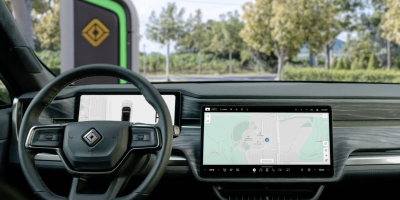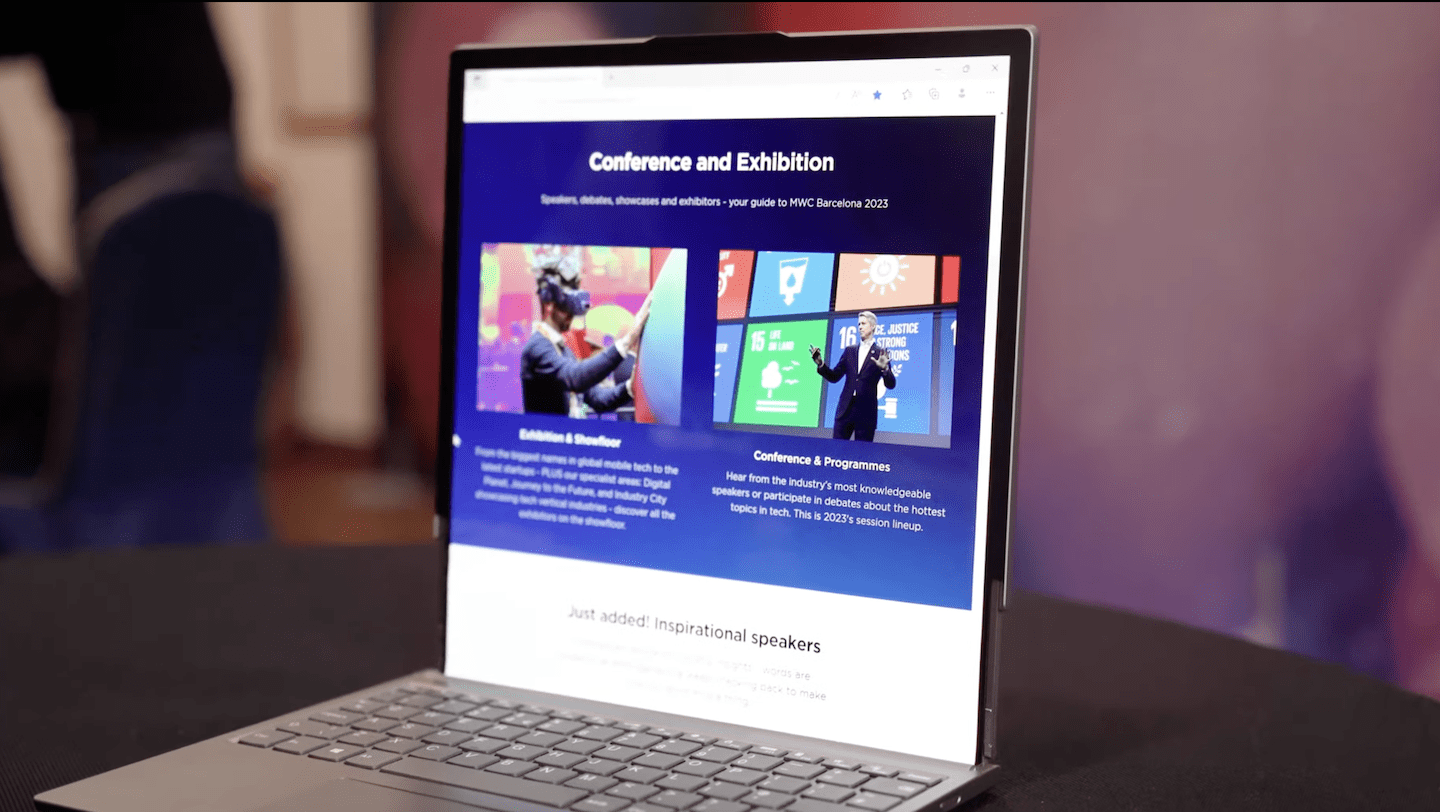Some say it was only a matter of time, but the New York Times has taken legal action against OpenAI over copyright infringement. This only adds to the wave of distrust that is ongoing in regards to what is used to train AI. Midjourney is currently under fire for laundering artists’ work, without their knowledge, consent or compensation. It seems like OpenAI will be once again at the hands of the legal system when it comes to the written word.
🧵 The historic NYT v. @OpenAI lawsuit filed this morning, as broken down by me, an IP and AI lawyer, general counsel, and longtime tech person and enthusiast.
Tl;dr – It’s the best case yet alleging that generative AI is copyright infringement. Thread. 👇 pic.twitter.com/Zqbv3ekLWt
— Cecilia Ziniti (@CeciliaZin) December 27, 2023
The Lawsuit
The lawsuit from the New York Times calls for the defendants to pay for the statutory and real-world damages. While there is no defined number in the case, we can assume that this means truly huge figures. It claims that OpenAI has used its content to train its chatbots. The Time states that using this information without consent makes it a direct competitor and obfuscates the truth.
The case states that The Times had approached OpenAI and Microsoft previously in April of 2023, but we’re left on read. The Times had expressed its concerns with its unauthorised use of its materials and proposed negotiations. The purpose of the negotiations was to come to a resolution that would be good for both parties. However, they failed to come to an arrangement. So, it resulted in the current court case.
In the New York Times OpenAI lawsuit, you can see how complex the relationship of training data to output can be. On one hand, they find that you can induce ChatGPT to produce exact content from famous Times articles, on the other, they show it also hallucinates false articles. pic.twitter.com/cY7cyZjd8r
— Ethan Mollick (@emollick) December 27, 2023
Microsoft is currently declining to comment on the current status of the case. Lindsey Held, spokesperson for OpenAI said that they were disappointed because they felt things had been constructive. She went on to say that OpenAI is prioritising the rights of content creators and their owners. They said that they remained hopeful of finding a mutually beneficial resolution to the problem. Held also notes how they have resolved issues with other publishers.
This legal battle may have some benefits. It can help set a standard and legal barrier for AI tech when it comes to generation. This is content that is created through learning from extensive datasets. There are already concerns that AI has too much influence over writing in the field of journalism. However regulating its usage, it could be used more as a tool to aid content creators rather than using it to create content exclusively.











Comments